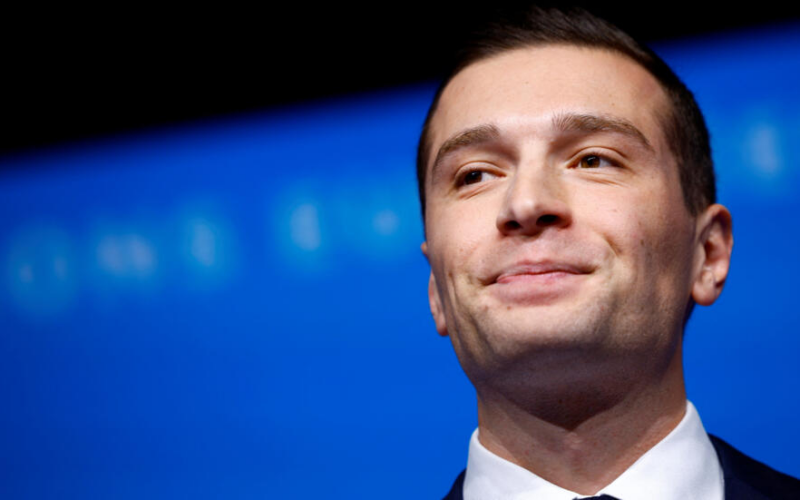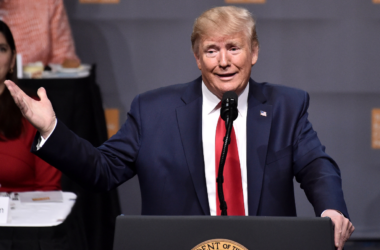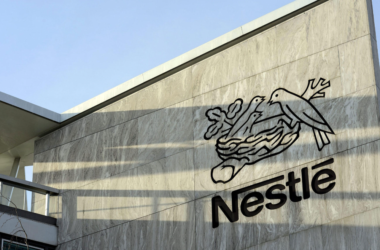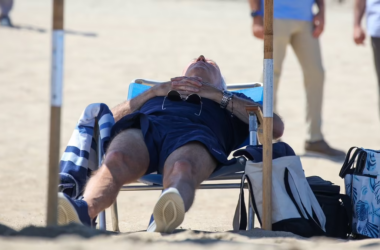French far-right leader Jordan Bardella stated on Wednesday that while he supports Ukraine’s right to self-defense against Russia, he would not supply Kyiv with long-range missiles capable of striking Russian territory if elected prime minister. Bardella, who leads the National Rally (RN) party, emphasized a cautious approach to military aid that avoids escalating tensions in Eastern Europe.
Speaking at the Eurosatory arms fair near Paris, Bardella clarified his stance on Ukraine’s defense needs. “I wish for Ukraine to have at disposal the ammunition and equipment it needs to hold the front, but my red line will not change, which is sending equipment that could have consequences of escalation in Eastern Europe,” Bardella said. He firmly stated that he would not approve the transfer of long-range missiles or other weapons that could be used to attack Russian territory.
Bardella’s comments come as the RN party leads opinion polls ahead of the snap parliamentary elections scheduled for June 30 and July 7. The party’s potential to form a government has raised questions about the future direction of France’s foreign policy, particularly regarding its stance on the conflict in Ukraine.
In addition to his cautious approach to Ukraine, Bardella affirmed his commitment to France’s obligations within the NATO military alliance. “I don’t plan to put into question the commitments made by France on the international level, because there’s a stake regarding credibility towards our European partners as well as towards our NATO allies,” he said.
He pledged to continue efforts to strengthen France’s defense capabilities, including increasing the military budget. “I plan to pursue the efforts of rearmament of the country, both in terms of its defense capabilities, increasing the military budget through budgetary efforts put in place in past years, which we have supported,” Bardella added.
Despite the RN’s potential rise to government, President Emmanuel Macron would remain in office, overseeing France’s overall military strategy. However, the division of power between the president and the prime minister in France’s semi-presidential system means Bardella could influence domestic policies that intersect with foreign and defense policies, including decisions on financial support for Ukraine.
Bardella’s position reflects a balance between supporting Ukraine’s defensive efforts and avoiding actions that could lead to a broader conflict. His stance on limiting military aid to avoid escalation aligns with a cautious foreign policy approach, seeking to maintain France’s international commitments while navigating complex geopolitical dynamics.








